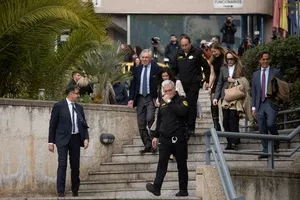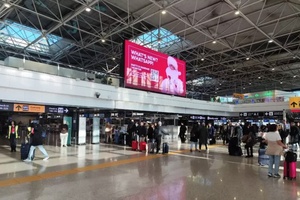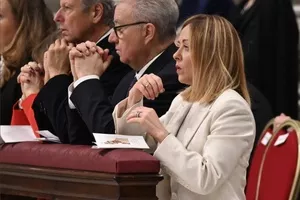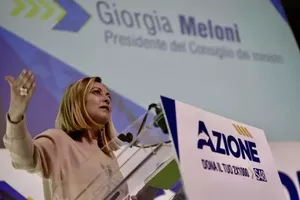“If Italy’s prime minister Giorgia Meloni thinks a cap on prices is the way to lower the fares of trips to the summer hotspots of Sicily and Sardinia, she is mistaken — and not just because such a move could contravene EU law,” writes international business editor Peggy Hollinger.
“Any price cap will almost certainly lead to higher fares across the year,” she continued, adding that “the move to limit profiling algorithms also presumes that the aviation industry is more technologically sophisticated than it really is”.
“Very few airlines are remotely close to having the intelligence required to personalise pricing for those not in their loyalty programmes,” insists Hollinger, saying that artificial intelligence isn’t the answer either.
“The government may be cynically tapping into this general discontent (with airlines) to win a few headlines” but ministers “know [the measures] are impossible to implement,” she concludes.
Earlier this month the government approved a decree banning the use of algorithms if applied to connections to Sicily and Sardinia; if applied to peaks in demand linked to seasonal factors; and if they lead to the price of tickets or accessory services being 200 per cent higher than the average price.
Last week the trade body Airlines for Europe (A4E) called on Brussels “to clarify with Italy that this intervention impacts the free and deregulated air transport market in Europe”, arguing that it could “set a precedent and lead to a domino effect”.
Limiting fares would “violate” the rights of companies to ‘“compete wherever possible, set prices and define services as they see fit”, the trade body added.
Ryanair CEO Eddie Wilson has also blasted the measure and called for it to be scrapped.
“It’s ridiculous, illegal and interferes with the free market, according to European law,” Wilson told ANSA last Wednesday.
“It must be cancelled.
“If it isn’t, there will be an impact on Ryanair’s ability to operate in Italy,” he added.
The European Commission subsequently said that it has asked for clarifications from Rome, adding that price capping is rarely an effective means of achieving affordable prices.
“The commission supports measures to promote connectivity at an affordable price in line with EU internal market rules,” said Commission spokesperson Adalbert Jahnz.
“Sustainable competition with free price setting is usually the best guarantor of affordable prices in the EU’s highly successful and liberalised transport market,” he added.
ANSA



























